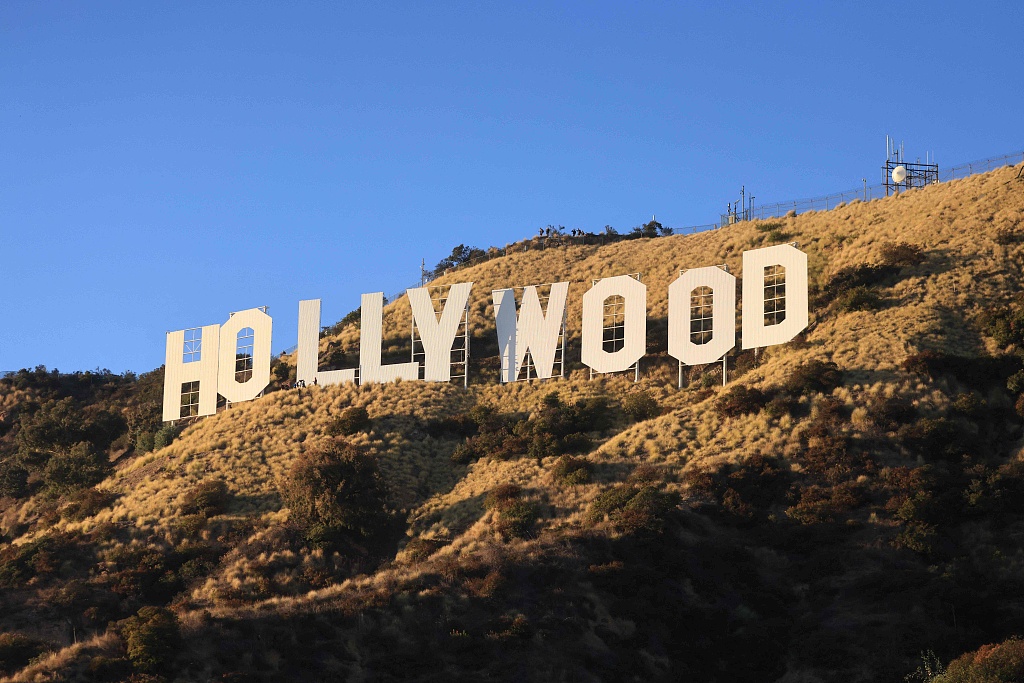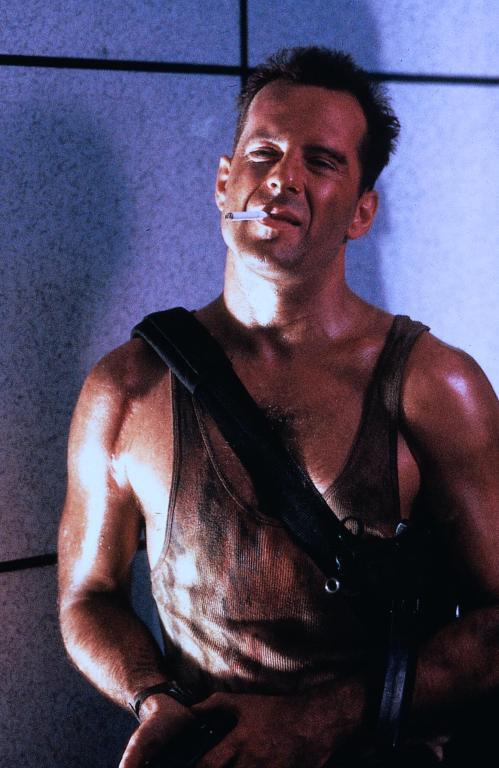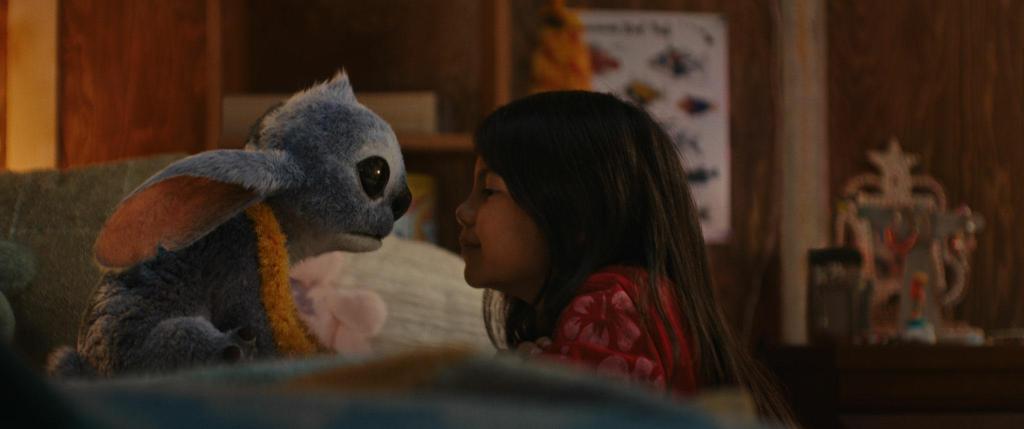
Dreaming of a career in Hollywood? It would be best to study for a few more years. Recently, the Otis College of Art and Design in the United States released its latest research report, pointing out the changing trends of professional positions in Hollywood. To put it simply, the number of so-called blue-collar jobs that are mainly based on manual labor is decreasing, and more so-called white-collar jobs that require mental work are becoming more and more popular. The demand for such jobs has increased significantly compared with 10 years ago, and the number of college-educated labor force is increasing. It seems that the word "involution" can also be used to describe it.

In the report, "Hollywood Transformed in the Streaming Era," white-collar knowledge workers are defined as those who are "compensated for creativity, analysis, or artistic creation." , while the positions of blue-collar manual employees include various transportation, cleaning, construction, site maintenance and other tasks serving the entire entertainment industry.
Researchers found that in 2013, the above-mentioned creative and managerial staff accounted for 70% of the total number of jobs in the entertainment industry; by 2022, this proportion had increased to 80%. In other words, eight out of ten jobs available in Hollywood are white-collar jobs of this type.
In addition, in the Hollywood entertainment industry in Los Angeles, the proportion of employees with college education jumped from 46% in 2000 to 60% in 2013, and to 68% in 2022. In other words, more than 20 years ago, even if you did not have a bachelor's degree, as long as you wanted to make a career in Hollywood, at least half of the people were in the same situation as you. The competition was not based on academic qualifications, but actual ability.
Today, seven out of ten Hollywood workers have a college degree. As a result, the report states: "Once upon a time, this industry provided ample job opportunities for workers without college degrees, but now it is increasingly dominated by creatives, managers, white-collar specialists and other educated classes. "Today's Hollywood entertainment industry is more like an elite club, and to get into it, you have to have certain qualifications."
It is worth noting that the time point used in the report, 2013, was the year when the streaming media giant Netflix launched its first major original series "House of Cards". Since then, the industry has changed dramatically, with Hollywood increasingly looking for white-collar talent with technical knowledge and far less need for physical skills.

"House of Cards" Season 1 Poster
Over the past decade, various on-the-job training content provided by Hollywood has also exploded. In the eyes of employers, people with higher education are often better able to absorb new skills and master new knowledge quickly. As the report points out, such skill upgrades, in turn, attract highly educated talents from other fields to join, while people with lower education levels gradually exit the industry, either actively or passively.
The survey, conducted by Westwood Economics and Planning Associates, a division of Otis College of Art and Design, draws on data from the U.S. Bureau of Labor Statistics and the California Employment Development Department, as well as industry specific The interviews with professionals and policymakers cover not only the film and television, publishing and broadcasting industries in the traditional sense, but also independent artists, writers, streaming media practitioners and even Internet celebrities active in Los Angeles.
In addition, the report also pointed out that in the process of transforming the entire Hollywood entertainment industry from blue-collar to white-collar, the racial composition of employees has also undergone significant changes in the past decade or so. Specifically, the proportion of white employees has declined, from 71% in 2013 to 60% in 2022, while the proportions of other races have increased. This is in line with the diversity policy implemented by Hollywood in recent years.
In addition to changes in educational attainment and racial distribution, the report also points out that over the past decade or so, the nature of jobs in the Hollywood entertainment industry has also undergone tremendous changes. Researchers found that over the past decade, employment in the Hollywood film and television industry has dropped by 17%; at the same time, employment in the software publishing industry has increased by 149%; independent artists, writers, and independent entertainers have increased by 38%; and employment in streaming media has increased by 149%. An increase of 31%. Overall, entertainment employment in Los Angeles as a whole has grown 8% over the past decade—and while the traditional film and television segment has shrunk, other emerging categories have thrived.
In this regard, the report concluded: "Los Angeles is still the pinnacle of the entertainment industry, but the entertainment industry itself is also undergoing major changes that are rare in history. It is no longer as dependent on film and television production as in the past, but is more inclined to online content creation, The live events and gaming industries are also more focused on technical and management positions than ever before, and working in Hollywood means a lot different things now than it did even ten years ago.”


